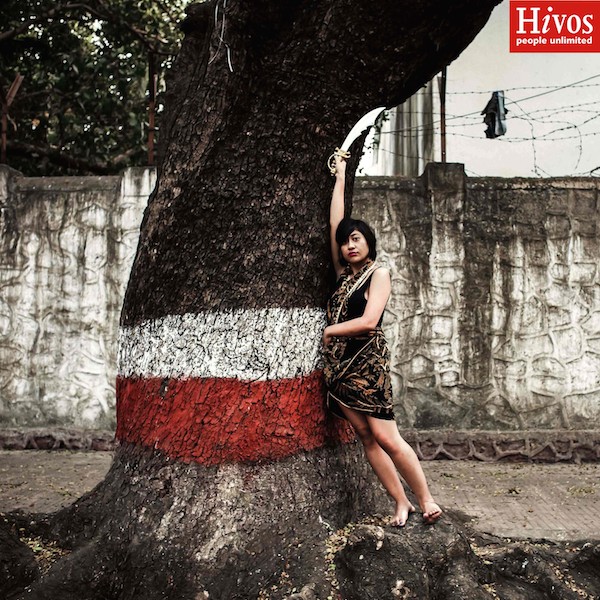
While I was reading the article by Khairani Barokka, an Indonesian woman who, with her art, raises the public’s awareness of the existence of “invisible” diseases that are neglected, I couldn’t help but think of the collapsing healthcare system of the United Kingdom, where you must wait at least half a year to see a specialist. This topic particularly struck me because, as I am writing this, I am lying in bed after a major surgery that could have been avoided if I had received the necessary medical care earlier. How should we, as teachers, teach students in such a system? The profession of Acting and Performance that I teach is usually chosen by people who do not have significant physical disabilities. I believe that this should be emphasized again as a failure of the system and the industry. Without taking all these facts into account, it is impossible to talk about inclusive practices in higher education. What I, as a lecturer, apply in my teaching practice is to empower the most vulnerable groups to express the problems they are facing and to use their art as a tool to gain rights that belong to them. In this, the exercises from The Theatre of the Oppressed by Augusto Boal help me the most, through which students gain awareness of the discrimination they experience. I encourage them to, like Khairani, point out the discrimination that exists in modern society. Also, the acting techniques I teach to my students, e.g. the Affective Memory Exercises, help the students develop empathy and become citizens who, through their artistic expression, indicate, challenge and change the reality they live in. In her article “Deaf-accessibility for spoonies: lessons from touring Eve and Mary Are Having Coffee while chronically ill”, Khairani says: “The absolute facts of misunderstanding, the inability to transfer someone into our bodies to experience what we feel, were at the root of both the extreme chronic pain and fatigue I’ve experienced for nearly six years now and the impetus to create a show that would illuminate this pain where the sighted saw none.” (2017) Khairani is brave, strong and creative, and in my teaching practice I encourage my students to develop the same skills.
Khairani Barokka (Okka) (2017) Deaf-accessibility for spoonies: lessons from touring Eve and Mary Are Having Coffee while chronically ill, Research in Drama Education: The Journal of Applied Theatre and Performance, 22:3, 387-392, DOI: 10.1080/13569783.2017.1324778
One response to “Inclusive Practices-Disability”
Hi Mirjana
It’s now a few weeks ago when I read the article by Khairani Barokka. I remember feeling very uneasy reading to the end as though I was ‘sensing’ the pain through the words. The feeling has stayed with me longer than the words.
I hope you are recovering well from the surgery.
Your words remind me of my reflections about how neoliberalism is so bad for the health of the majority in our society – physically and emotionally. It even affects social relations and family structures. A system that benefits the few and impoverishes the rest in myriad of ways. Yes, I agree that we can’t discuss inclusive practice without talking about what the system we are all living under values well above other important human needs.
I haven’t read ‘Theatre of the Oppressed’ yet, but its on my wish list.